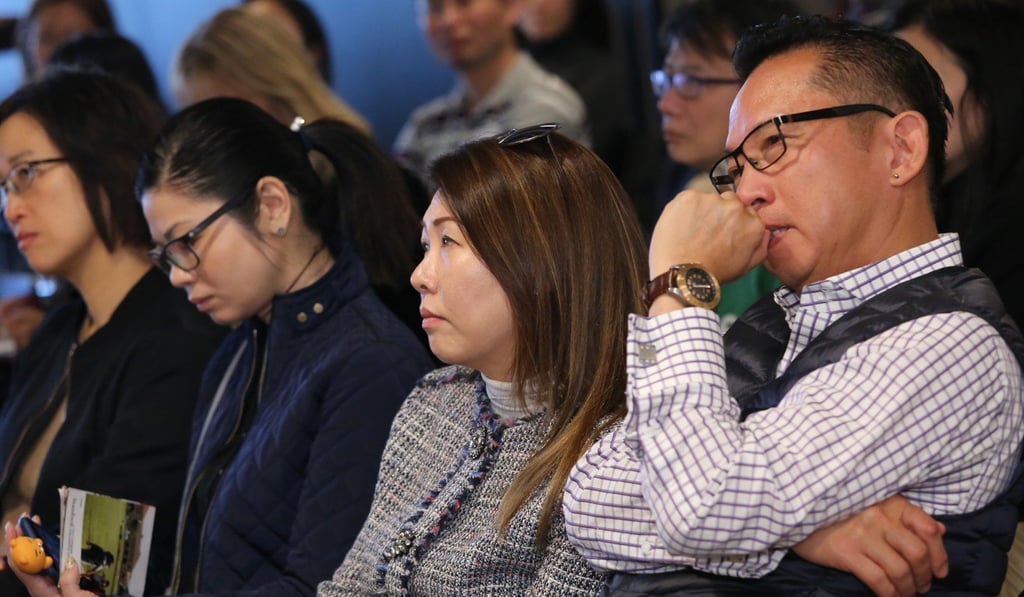Mobile policy: schools discuss how to protect students from online hazards
Education experts at the recent EdTalk Forum consider various ways to safeguard students from risks such as cyberbullying

With teenagers now spending more time on social media and on their smartphones, schools and parents need to find ways to protect youngsters from the downside of online activities, without reducing the benefits of what is available on the internet, according to education experts speaking at a recent South China Morning Post EdTalk Forum.
EdTalk Forum panellists Mark Blackshaw, principal at King George V, an English Schools Foundation (ESF) school; Natalie Broderick, director of student services at Hong Kong International School (HKIS); Brian Cooklin, principal of Nord Anglia International School; and Robin Lister, founding headmaster of Malvern College Hong Kong, agreed that the amount of time secondary students spend online and their exposure to risks such as cyberbullying through social media are major concerns for both schools and parents.
Surveys by the Hong Kong Federation of Youth Groups and various concern groups have found that more than half of Hong Kong’s youngsters are using their smartphones for over three hours a day. Surveys have also found mobile usage can disrupt academic studies, daily routines and family lives, with some students reporting they have little self-control over their usage. Lister cited research in the US and Europe indicating that online activity is reshaping the brains of children between the ages of nine and 13. “We need to teach children not only how to cope with social media, but how to use it responsibly, and to do this, we need parents on board,” Lister noted.
While schools represented by the panellists have different policies on the use of mobile phones on school premises and during lessons, the panellists agreed that banning mobile devices at school could be counterproductive and lead to “forbidden fruit syndrome”. Panellists also acknowledged that if a teenager wants to circumvent online activity tracking and monitoring software, it would be relatively easy for them to be able to do so.Panellists said that to curb excessive use of smartphones among students, a multicollaborative response is needed involving schools, parents and students. This could include awareness programmes; agreeing on smartphone-free times, such as during meals; discussing social media use; encouraging teens to minimise multitasking while using their smartphones; and parents acting as role models for mobile use.

Cooklin pointed out that excessive use of social media by many adults could make becoming a role model a challenge for them. He also explained that at Nord Anglia International School, mobile devices are sometimes used in the classroom to supplement learning experiences.